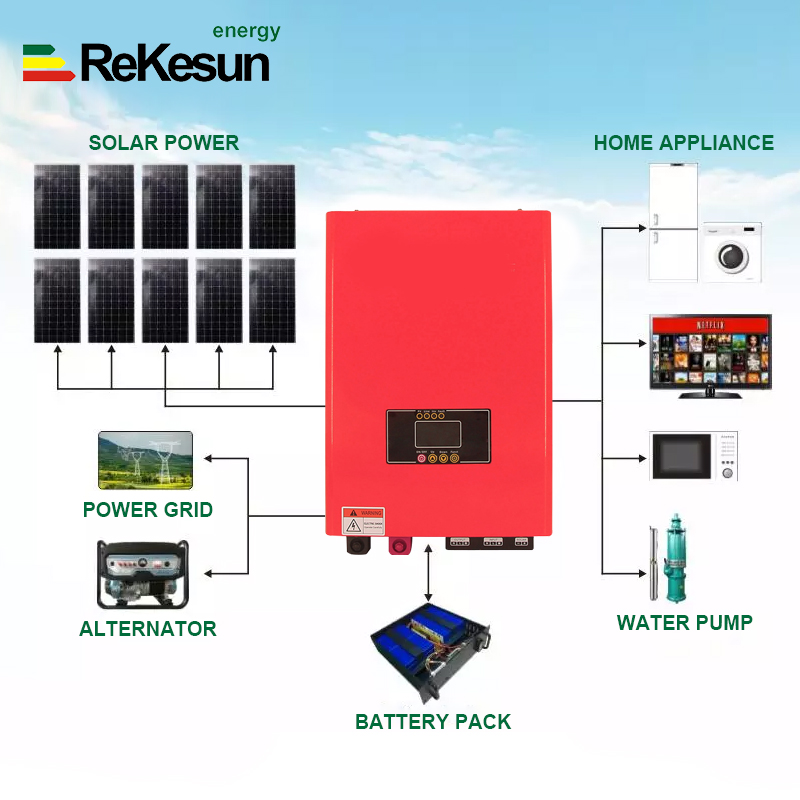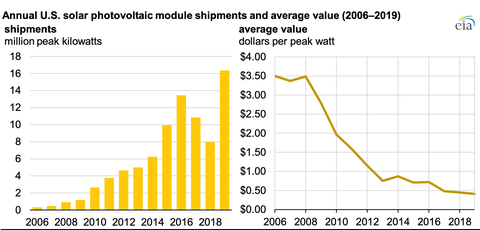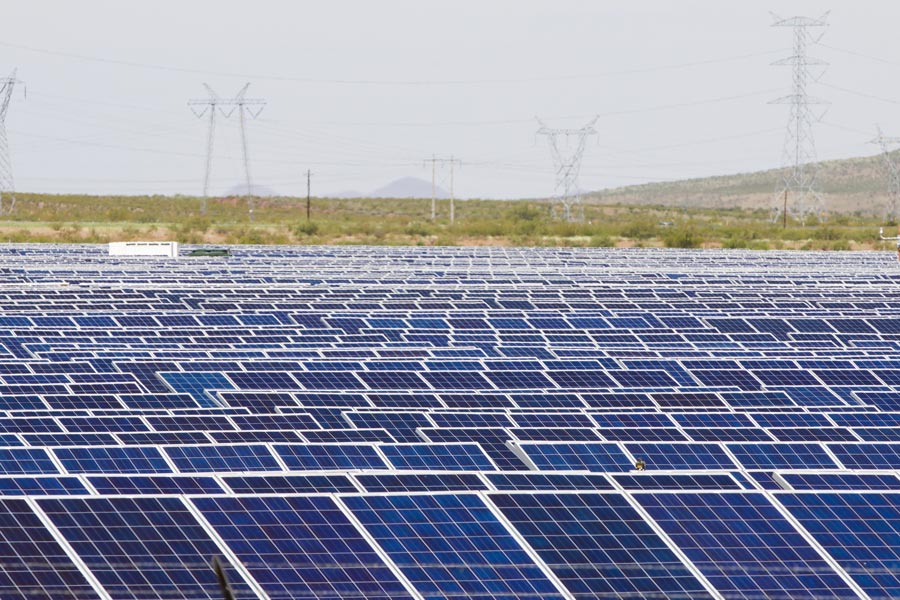
If you want to install solar panels on your home, you can lease them. You should consider the benefits and the costs. If leasing sounds appealing to you, this article will help you make a decision. It is also convenient for many people.
Leases at a cost
Consider these factors when contemplating solar panel leasing. In most cases, leasing solar panels is cheaper than buying them. But leasing solar panels comes with some disadvantages. These include: You are not eligible for any local or federal rebates or incentives. Lease companies can also make money by making monthly payments, as well as any incentives that the solar panels offer.
The value of your home depreciates, and you'll have to pay less for solar panels if you want to sell your home. The cost of solar panels will lower the value of your home, and you may find that it's difficult to sell it if the buyer is not interested in the lease. Buyers have concerns about solar leasing, which may lead to a reduction in the cost of the lease.

Benefits of leasing
Leasing solar panels is an option for those who don’t want to spend the full cost of the system. This type of arrangement offers no upfront costs, and it also requires no maintenance, unlike purchasing. Special deals are also offered by leasing companies for customers who are first time. Leasing companies offer the added benefit of not having to worry too much about the installation. Leased panels may allow you to lose some control on the layout and aesthetics.
One of the major benefits of leasing solar panels is that they will reduce your energy bills over a period of time. Depending on the size of your system, you could save anywhere from 15 to 40% of your monthly utility bill. Additionally, leasing solar panels will allow you to monetize your solar energy on the SREC market.
Drawbacks of leasing
You're not the only person thinking about leasing solar panel for your home. Solar leasing comes with a few drawbacks. One of the disadvantages to solar leasing is that you will have to lease solar panels for a long time. You may not be able sell them when you sell your home. Solar leases may also prevent you from refinancing your home.
Another drawback to solar leasing is that you don't get to claim tax incentives. Solar leasing doesn't allow you to claim the 26% federal credit for solar tax credits, as the solar company is the owner of the panels. Also, you will have to pay utility rates that are a lot higher than those of a traditional loan. You should consult a tax professional before leasing solar panels to your home.

Leasing is an option?
A solar lease company is a good option if you are thinking about solar panels for your home. Since the solar lease company wants to make a profit, they may try to tie your hands in a long-term agreement in order for them to make as much as possible. You might have to pay the remainder of the lease payments by yourself, or find a buyer to take over the contract when you sell your house. Potential buyers will be attracted to your home if you lower the price. Additionally, leasing solar panels can affect your credit score. Leasing solar panels will make it difficult to obtain a mortgage in the future.
The best thing about leasing solar panels is the fact that you don’t have to buy them upfront. The leasing agency will also take care of your federal tax and maintenance. This is especially advantageous for those with poor credit scores or people who do not qualify for federal tax incentives. Finance solar panels are the best choice if you're able to qualify for a loan. You will save money in the long-term and your home will be more valuable.